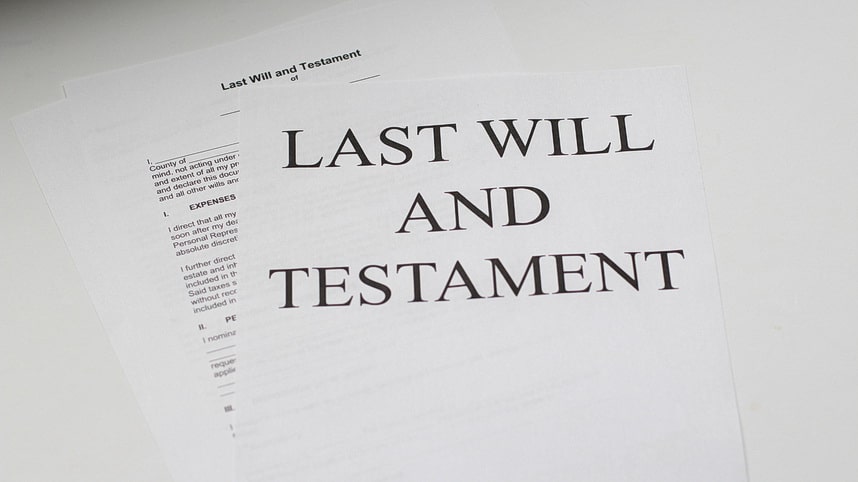THINKING OF BUYING A FRANCHISE AGREEMENT, OR FRANCHISING YOUR EXISTING BUSINESS? ENSURE YOUR LEGAL RIGHTS ARE BEING PROTECTED
A franchise business model is one in which a franchisor of a particular brand (ie/ Tim Hortons, Subway, Jiffy Lube) (the “franchisor”) licenses the rights to use its name, systems of operation and other trade secrets to an individual business owner, who will operate the individual location (the “franchisee”). The franchisee, in exchange for receiving these benefits, is required to pay a royalty or franchise fee to the franchisor, based off the revenue the business generates. The franchisee, in addition, is required to sign a franchise agreement, the terms of which set out the strict obligations the franchisee must adhere to when running the franchised business.
Starting or buying a franchised business comes with enormous benefits for a starting business owner. The goodwill of the business has been established by the other previously established locations, as well as the investment made by the franchisor in marketing and ensuring the quality of its products and services are consistent and meet a high standard. In addition, the franchisor provides manuals, training and other forms of education to allow the franchisee to run its operation efficiently.
However, the franchise agreement itself can be extremely onerous to the franchisee, and the royalty payable can be substantial. Every aspect of the business including product selection, hours of operation and pricing can be subject to the sole discretion of the franchisor. The consequences for non-compliance with the agreement can result in the franchisee being noted in default, and potentially result in the franchisor having the right to take back the franchised business, and even the right to sue the franchisee (and the right to sue the individual owners of the franchisee personally) for damages. That is why it is crucial for a prospective franchisee to review the franchise agreement and accompanying disclosure with a lawyer, to ensure the franchisee is aware of the obligations it is agreeing to adhere to, and understands the consequences of failing to do so.
It is equally important for a business owner wishing to franchise their business to other individuals, to ensure that they are complying with the Franchises Act (Alberta) and regulations. One key obligation the Franchises Act imposes on franchisors, is to provide prospective franchisees with a Franchise Disclosure Document. This is a complex and comprehensive legal document, with strict disclosure requirements that need to be met to be considered valid. Failure to provide the Franchise Disclosure Document within the prescribed timeframe can result in the franchisee having the right to void any franchise agreement it enters into with a franchisor and to possibly have the right to demand reimbursement from the franchisor for all franchise fees/royalties paid prior to the date of termination.
Whether you are a new business owner looking to obtain a franchised business, or an existing business owner looking to expand within the franchise model, it is imperative that you speak to a lawyer well-versed in franchise law. Forum Law LLP has a team of franchise lawyers who are able to assist. Please contact us today with all your franchise business inquiries.



